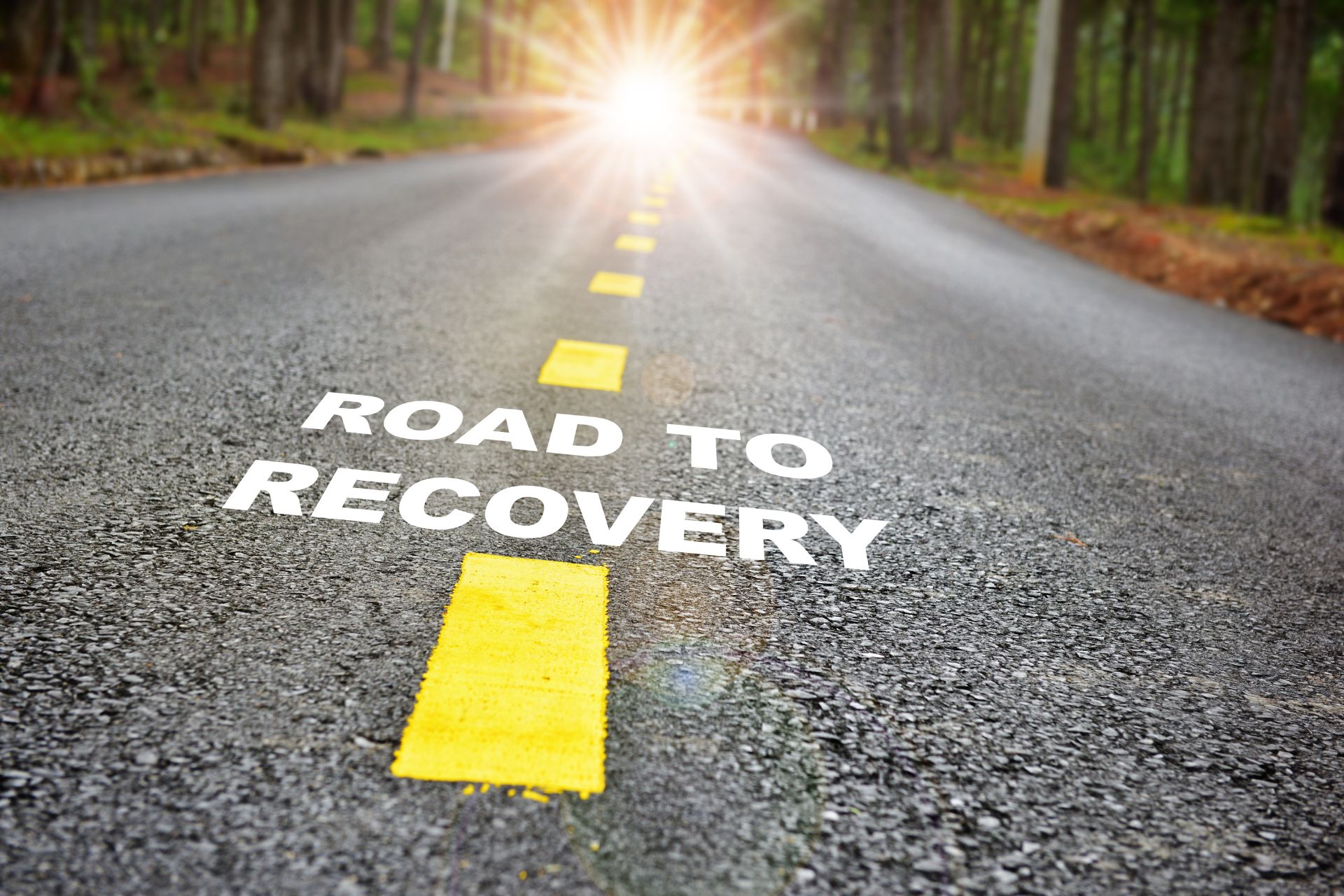Embarking on the road to recovery can feel daunting. Whether you are recovering from substance abuse, surgery, or a mental health issue, understanding what lies ahead can ease your anxiety. The first 30 days are critical and often filled with various challenges and changes. By knowing what to expect, you can better prepare yourself for a successful journey.
Week 1: The Initial Days
The first week on the road to recovery is often marked by intense emotions. You may feel a mix of anxiety, relief, and confusion. If you are overcoming addiction, your body might experience withdrawal symptoms. Physical symptoms can range from fatigue to irritability. For those recovering from surgery, pain management becomes essential. Doctors often prescribe medications to ease discomfort. Make sure to follow your medical team’s advice closely.
Building a support system is crucial during this phase. Reach out to friends, family, or a support group. Sharing your experiences helps normalize your feelings and offers comfort. Moreover, journaling your thoughts can serve as an emotional outlet. Document your feelings and milestones; this practice fosters self-awareness and reflection.
Week 2: The Emotional Rollercoaster
As you continue your journey, the emotional fluctuations may persist. You might encounter feelings of sadness or regret. These emotions often arise as you confront past behaviors and choices. Recognize that these feelings are part of the healing process. Engage in self-care practices like meditation or exercise to manage stress.
Seek therapy or counseling sessions, if available. Professional help equips you with skills to navigate these emotions. Cognitive Behavioral Therapy (CBT) can be particularly beneficial in addressing negative thought patterns.
Additionally, maintain open communication with your support network. Share your doubts or fears; they can provide guidance and encouragement. Consider joining a local support group to meet individuals on similar journeys.
Week 3: Building a Routine
By the third week on the road to recovery, you begin to establish a new routine. Consistency is vital for long-term success. Focus on incorporating healthy habits into your daily life. Prioritize proper nutrition, hydration, and sleep.
Exercise becomes a vital part of your routine. Physical activity enhances mood and boosts energy levels. Aim for at least 30 minutes of exercise each day. Choose activities you enjoy, whether it’s yoga, jogging, or dancing.
During this period, you may also experience new urges or cravings if you are recovering from addiction. Develop coping mechanisms to manage these feelings. Techniques such as deep breathing or distraction can be helpful. Remember, these urges tend to fade over time.
Week 4: Gaining Momentum
As you approach the end of your first 30 days, you will start noticing improvements. Many people experience renewed motivation and a sense of clarity. Take time to acknowledge your progress. Celebrate small victories, whether they involve physical health or emotional stability.
During this week, it’s also beneficial to set achievable goals. Outline what you want to accomplish in the next month. These goals can include health milestones, social engagements, or personal projects. Having clear objectives provides direction and reinforces your commitment to recovery.
Additionally, reflect on your support system. If you haven’t done so already, identify those individuals who uplift you. Cut ties with relationships that trigger negative patterns. Surround yourself with positive influences that encourage your growth.
Final Thoughts: Continuing the Journey
The first 30 days on the road to recovery lay the foundation for your healing journey. Each week presents its own set of challenges and opportunities for growth. Embrace the process and be kind to yourself. Recovery is not linear; it is a journey filled with peaks and valleys.
As you continue beyond the first month, stay committed to your goals. Utilize your support network and always seek professional help when necessary. Remember, taking the first step is courageous, but the road to recovery opens a world of possibilities. Celebrate each achievement, no matter how small it may seem. Your journey is uniquely yours, and every effort counts.






